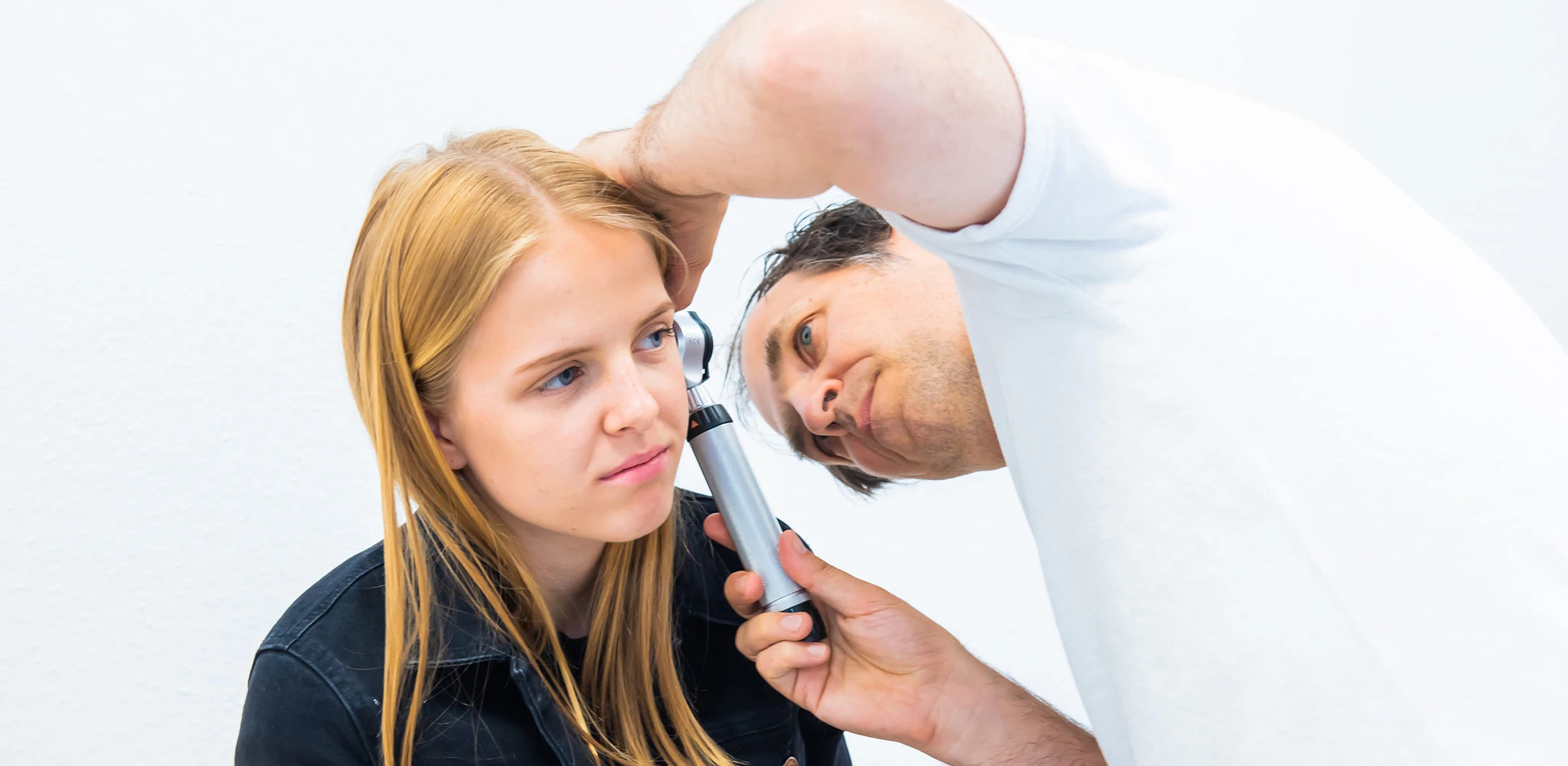"Just concentrate!" - ADHD
Attention-deficit/hyperactivity disorder (ADHD). A long word that describes a complex topic. And a phenomenon that we still have to learn to deal with properly - not only paediatricians, but also society as a whole.
Point 1: We regard ADHD as a neurodivergence, i.e. a behaviour that is not within the normal range - but which is not pathological per se. It is only pathological if there is clear psychological distress.
The problem is that this psychological strain has increased in recent years because we as a society seem to be less and less able to deal appropriately with neurodivergent, i.e. deviant, behaviour.
Two examples - from Doc's biography. He had a great primary school teacher who regularly sent him to the playground in years 3 and 4 to run a few laps. Afterwards, little Ralf sat attentively in his seat again. The teacher intuitively did the right thing in the 1980s: encouraging motor activity and movement, which helped him to concentrate on his work again.
Some will probably criticise the fact that this can no longer be achieved by a school today. And yes, the framework conditions need to be adapted, perhaps different staffing ratios are required. But we have to realise that we could do a lot more on this topic than we are doing. And this may also require a little idealism.
Example 2: Doc forgot all sorts of things as a child and left them lying around: Pencil cases, umbrellas, sports bags, keys, glasses ... All in all, his parents put up with it bravely. But his father also used to say: "You've only got your head on your neck so it doesn't rain in." Father Brügel has to be defended: In the 1980s, people didn't know much about the subject. Today, however, you have to say: a saying like that doesn't help at all. The child doesn't leave things lying around on purpose. Telling them "When PE class is over, remember your gym bag" or "Concentrate!" doesn't help either. Because it is precisely part of neurodivergent behaviour that the child's mind is already on the break, maths lessons or somewhere else after sport.
What helps: Practise in small steps. Psycho-education. This refers to measures that can change behaviour (occupational therapy, psychotherapy, concentration training, meditation, etc.). Then it gets better in the course of life. However, anecdote 3: Even in his mid-50s, Doc recently forgot his suitcase on the train. This means that the behaviour doesn't necessarily disappear completely. But you have to learn to deal with it and at some point, you have to take a less dramatic view of it for yourself.
In conclusion: As a society and as doctors, we should focus more on not viewing deviant behaviour as pathological. Nevertheless, it is important to take a close look at each individual child. And medication can sometimes help. But it is important that the approach is not to want to cure something. Instead, we should first and foremost accept that these children exhibit unusual behaviour - which we should all learn to deal with together. That way we can do justice to the children and we don't always need so many diagnoses and medications.
Further interesting tips
Insect bites
Insect bites are annoying and can be painful. However, they are almost always completely harmless. And if it does become serious, you will recognise it immediately.
Food
In keeping with Joachim Löw's resignation as national coach, today we have a "highly" complex topic: food.
Crawling
This will not be an excursion into the realm of insects, crawling is at least as big an issue for parents of small children. Two questions always take centre stage: When should a child crawl? And does a child have to crawl at all?
